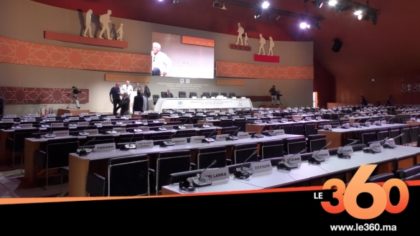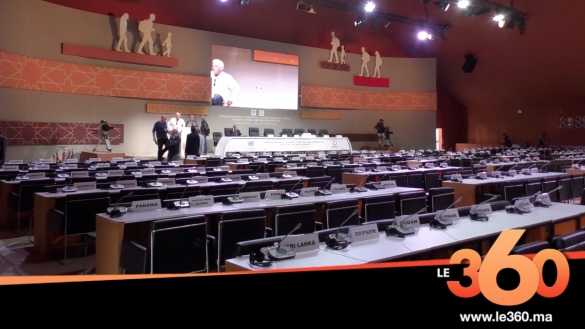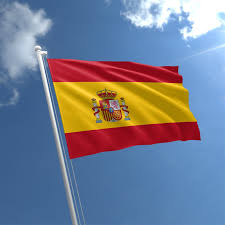 Several Heads of State and Government, ministers and other senior leaders, civil society representatives and representatives of the private and public sectors gather in Marrakesh Dec.10- 11 to sign the first-ever Global Compact for Safe, Orderly and Regular Migration.
Several Heads of State and Government, ministers and other senior leaders, civil society representatives and representatives of the private and public sectors gather in Marrakesh Dec.10- 11 to sign the first-ever Global Compact for Safe, Orderly and Regular Migration.
The holding of this UN event in Morocco is a recognition by the International community of the country’s migration policy based on a humanitarian approach, solidarity and the respect of human rights.
Convened under the auspices of the United Nations, the Marrakech gathering features plenary debate, during which advanced and developing countries will confirm their political commitment to the Global Compact for Migration. Two interactive dialogues and a panel of three will provide a pathway for implementation and partnerships at all levels with stakeholders.
The first dialogue, “Promoting action on the commitments of the Global Compact for Safe, Orderly and Regular Migration”, will be led by Madeleine Albright, former US Secretary of State.
Ellen Johnson Sirleaf, former President of Liberia and chair of the High-Level Panel on International Migration in Africa, will be in the second dialogue to focus on “Partnerships and innovative initiatives for the way forward.”
The Global Compact for Migration is the culmination of more than 18 months of discussions and consultations among Member States and stakeholders including local officials, civil society and migrants, in accordance with the New York Declaration, which was adopted unanimously by the United Nations General Assembly in September 2016.
It is the first-ever United Nations global agreement on a common approach to international migration in all its dimensions.
“It is an opportunity to maximize the contribution that millions of migrants are already making to our societies and to agree a set of actions to ensure that the rights of all migrants are fully respected,” the Secretary-General said at the launch of his report “Making Migration Work for All”.
While the ultimate aim of the Global Compact for Migration is to improve the cooperation and management of cross-border movements of people, the Global Compact also makes clear that it is legally non-binding, fully respecting the sovereignty of all States.
The Global Compact encompasses 23 objectives to help manage migration at the global, national and local levels. It addresses issues related to the obstacles hampering people from accessing sustainable livelihoods in their countries of origin; the risks and vulnerabilities faced by people during various stages of migration and the migrants’ economic and social contributions to sustainable development.
Among others, it addresses such issues as adverse drivers that impede people from accessing sustainable livelihoods in their countries of origin; risks and vulnerabilities faced by people during various stages of migration; concerns of States and communities; the economic and social effects and implications migration may have on social and environmental levels as communities undergo demographic changes; and it strives to create conditions to help migrants add value to societies through their human, economic and social contributions to sustainable development.



